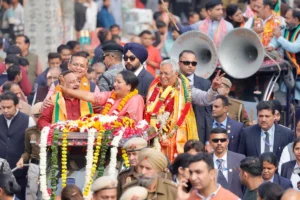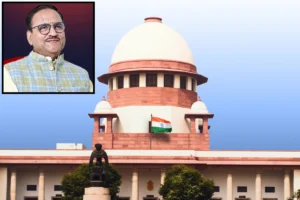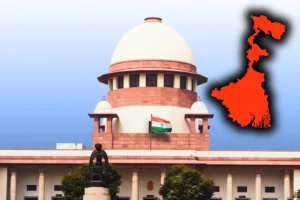
The Supreme Court ruled that under Section 125 CrPC, seeking maintenance would be applicable to all women regardless of their religion. (AI-generated image)
The Supreme Court recently emphasized the responsibility of married Indian men to financially support their wives who do not have independent income. This came during a case where a Muslim man challenged a maintenance order for his divorced wife. The court dismissed his plea, stating that maintenance laws apply to all women regardless of religion.
Supreme Court on Muslim women
The Supreme court on Muslim women highlighted that those who work tirelessly for their families, deserve financial empowerment. It stressed that husbands should ensure their wives have access to financial resources for personal needs, alongside household expenses, possibly through joint bank accounts or ATM cards.
The case involved Mohammed Abdul Samad challenging a Telangana High Court order regarding maintenance for his divorced wife. He argued that Muslim women should seek maintenance under Muslim personal law, not Section 125 of the CrPC. However, the court reaffirmed that Section 125 applies universally to married women for maintenance.
Also read: Supreme Court’s Progressive Judgments: Empowering Muslim Women From Shah Bano To Triple Talaq
This reaffirms principles from the landmark Shah Bano case of 1985, where the Supreme Court upheld women’s rights to maintenance beyond the iddat period, despite later legislative changes. The court’s stance aims to ensure fairness and support for women, irrespective of their religious background.
To read more such news, download Bharat Express news apps


















